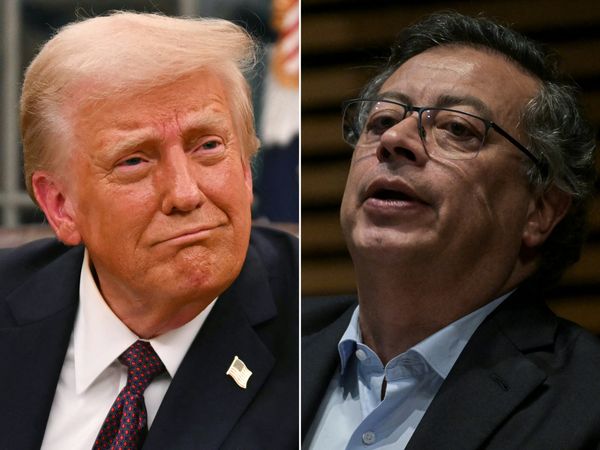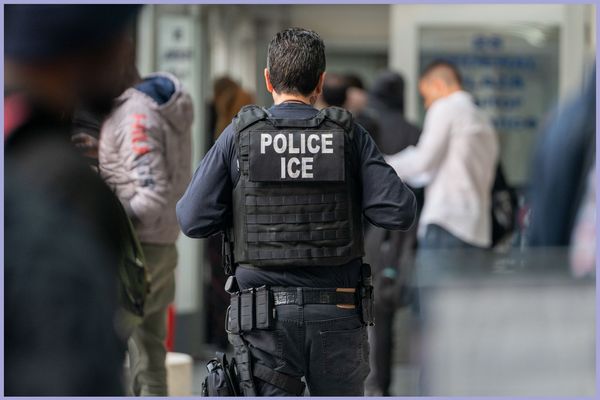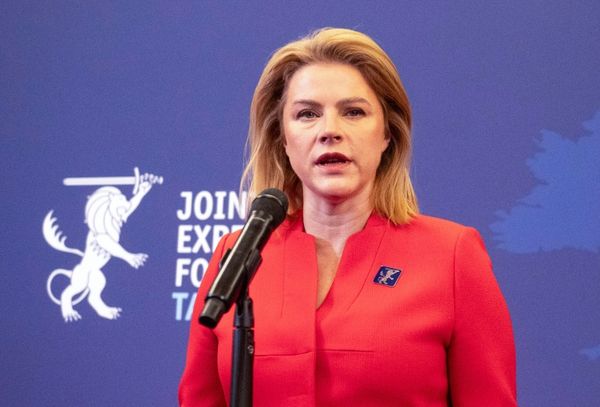
India and the US will sign the Basic Exchange and Cooperation Agreement (BECA), the last of four so-called foundational agreements for sharing sensitive information and sales of advanced military hardware, during the 2+2 ministerial dialogue on Tuesday.
The agreement, which will facilitate sharing of classified satellite and sensor data, figured in discussions between defence minister Rajnath Singh and his visiting American counterpart Mark Esper on Monday. The signing of the pact will be one of the key outcomes of the 2+2 dialogue between the foreign and defence ministers of the two sides.
“The two ministers expressed satisfaction that agreement of BECA will be signed during the visit,” the defence ministry said in a statement after the meeting between Singh and Esper, who arrived in New Delhi on Monday afternoon along with secretary of state Mike Pompeo.
BECA is considered the last of the foundational agreements to be signed by India and the US. The two sides have been sharing real-time intelligence under the Communications Compatibility and Security Agreement (COMCASA), which was signed in 2018. The two countries signed the General Security of Military Information Agreement (GSOMIA) in 2002 and the Logistics Exchange Memorandum of Agreement (LEMOA) in 2016.
Pompeo held a separate meeting with external affairs minister S Jaishankar, during which they discussed concerns and interests, including stability and security in Asia, and the global situation and contemporary challenges, people familiar with developments said on condition of anonymity. It is understood that the India-China border standoff figured in the discussions, though the people said specific issues would be taken up at the 2+2 dialogue.
Jaishankar was briefed by Pompeo on the US administration’s thinking on the situation in Afghanistan and the peace process. Jaishankar “highlighted India’s stakes and its continuing concern that decisions should be made by Afghans themselves without the “use of force”, one of the people cited above said. He also made it clear that “cross-border terrorism was completely unacceptable”, the person said.
India has been worried by the sharp spike in violence in Afghanistan, mainly by elements with ties to Pakistan’s military, even as the Taliban and the Afghan government are holding talks in Doha. New Delhi has already said the outcome of the intra-Afghan dialogue must ensure that the soil of Afghanistan isn’t used for anti-India activities.
Jaishankar stressed the “uniqueness of technology and talent flow connects” India and the US and said “a knowledge economy with greater data sensitivity makes an even stronger case for collaboration”, according to the people. An innovative partnership would be central to the future of the two sides and their policies must support this, he added.
Education is a special bond between India and the US and both should work to further expand cooperation in this sphere, Jaishankar was quoted as saying by the people.
The discussions between Jaishankar and Pompeo, described as productive, followed up on their meeting in Tokyo earlier this month, and they believed bilateral ties have grown in almost all domains, including trade, energy, defence and education, over the past four years. The two leaders followed up on Indo-Pacific engagement and the Quad deliberations, and also focussed on maritime security, counter-terrorism, open connectivity and resilient supply chains, the people said.
Also read: China has ramped up military presence across LAC. Ladakh isn’t only target
On his arrival at South Block, Esper was given a tri-services guard of honour before his meeting with Singh, during which the two leaders reviewed bilateral defence cooperation, including military-to-military cooperation, secure communication systems and information-sharing, and defence trade and industrial issues. They also discussed ways to take bilateral cooperation forward, the statement said.
The US defence secretary welcomed Australia’s participation in this year’s edition of the Malabar exercise that features the navies of India, Japan and the US.
India, last week, invited Australia to join the exercise, making it the first military drill in recent years to feature all members of the Quadrilateral Security Dialogue (Quad). The foreign ministers of the Quad nations held their second meeting in Tokyo on October 6.
Singh and Esper expressed satisfaction at the close engagements between the armed forces of India and the US and discussed “potential new areas of cooperation, both at service-to-service level and at the joint level”, the statement said.
They called for continuation of existing defence dialogue mechanisms at all levels during the Covid-19 pandemic, particularly the Military Cooperation Group (MCG), the statement said. “They also discussed requirements of expanding deployments of liaison officers,” it added.
Singh spoke about initiatives under India’s ‘Atmanirbhar Bharat’ (self-reliant India) initiative and encouraged investments in the country’s defence industry. He invited US companies to take advantage of India’s liberalised policies and the favourable defence industry ecosystem.







